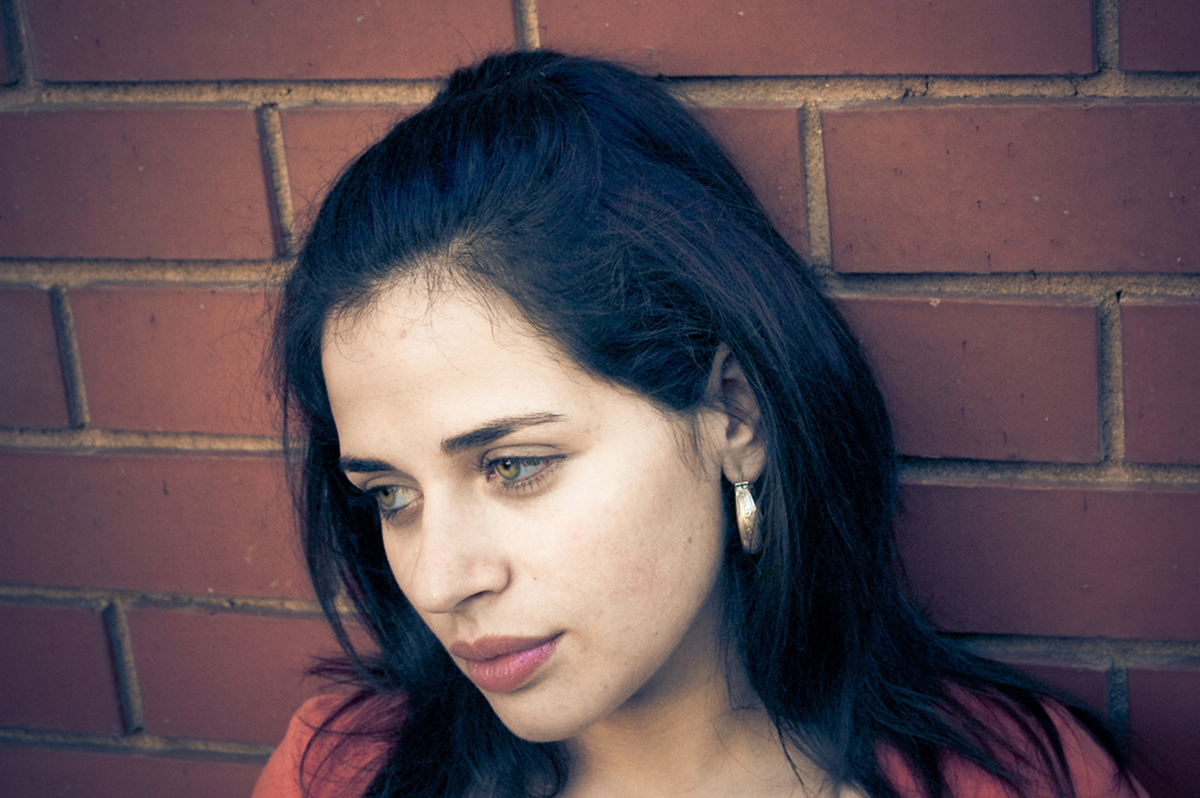Table of Contents
Polycystic Ovarian Syndrome (PCOS) is a condition affecting approximately 5 to 10% of American women. Essentially, PCOS is a hormonal imbalance that can affect women in several different ways.
What is PCOS?
In order to understand PCOS treatment, it is necessary to understand what PCOS is and the symptoms it can cause.The cause of PCOS is not known, but genetics may play a role for some women. Women who have a mother or sister with the condition are more likely to have PCOS. PCOS is a hormonal imbalance (an excess of androgen, a male hormone) which can result in a constellation of symptoms, such as:

- Infertility (due to abnormalities of ovulation)
- Menstrual periods that may be irregular, infrequent or absent
- Excess hair growth (hirsutism)
- Ovarian cysts
- Acne/oily skin, dandruff
- Obesity (weight is often centered around the abdomen)
- Thinning hair or male-pattern baldness
- Skin abnormalities (skin tags, skin patches that are thickened and discolored)
- Anxiety and/or depression
- Pelvic pain (due to ovarian cysts)
- Sleep apnea (cessation of breathing for short periods while asleep)
As stated, PCOS is a hormonal imbalance in which the ovaries produce too much androgen (male hormones), which affects the development and release of eggs. Insulin has also been implicated in PCOS: many women with PCOS have excess insulin circulating in their blood because their body is not able to use insulin properly. Having too much insulin promotes excess androgen, which causes many of the symptoms of PCOS such as acne and excessive hair growth.
Continue reading after recommendations
- Photo courtesy of Feliciano Guimarães by Flickr : www.flickr.com/photos/jsome1/1698375922/
- Photo courtesy Spent Penny on Flickr: www.flickr.com/photos/spentpenny/46177684/sizes/m/in/photostream/

